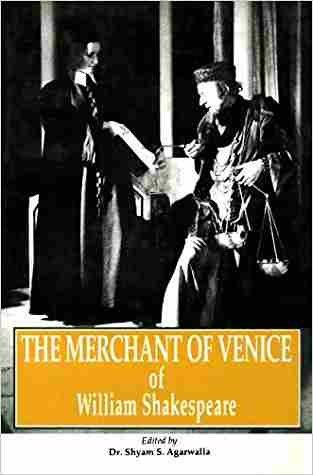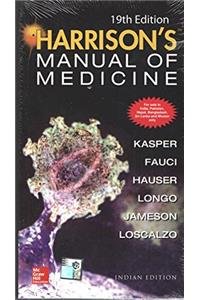Only logged in customers who have purchased this product may leave a review.
Sale!
Merchant of Venice of William Shakespeare (Hardcover) | Released: 1995
By: S.S. Agarwalla (Author) Publisher: Atlantic33.00% Off Original price was: ₹795.00.₹533.00Current price is: ₹533.00.
You save ₹262.00
The Merchant of Venice bases its dramatic logic on the New Testament premise that you get what you give, and the plays consistent enactment of this looking-glass logic creates a world in which mirroring is a major internal principle of order. The Indian philosophy, distilled in our Vedas, Puranas and... Read More
In stock
Ships within 1-2 Business Days

100% Orginal Books

Easy Replacement

Certified product

Secure Checkout

On time delivery
Author:
![]()
S.S. Agarwalla
Publisher Name:
![]()
Atlantic
Language:
![]()
English
Binding:
![]()
(Hardcover)
About The Book
The Merchant of Venice bases its dramatic logic on the New Testament premise that you get what you give, and the plays consistent enactment of this looking-glass logic creates a world in which mirroring is a major internal principle of order. The Indian philosophy, distilled in our Vedas, Puranas and Epics, speaks in almost the same vein. Shylock is cunning, cruel and implacable. For centuries, the Shylocks of India, in various garbs, have tried and succeeded partially, to get their pounds of flesh from their victims. Usury was condemned in the Elizabethan period but we, in India, still nourish it. Secondly, Shylocks sense of Jessica is anti-human as well as antisocial. He is aware of her as of an item of inventory, as many father, in India, do with their daughters.
Bassanio must have learnt from Shylocks example: a wrong, even a small one, is always a wrong and calls forth its own punishment automatically, for, as we shall see, in Dr. Agarwallas interpretation of the play, the law sleeps only until unoffended, when it reacts by reflecting the offence in kind. The law has no power to make anyone choose to do right, it can only punish those who do wrong. The Prince of Morocco, like any prince of yester-years, in India, is chivalrous, amorous, gracious and sexually virile. It was unkind of Portia to say uncomplimentary words for him but she, like white-skinned ladies, have always done so in the past and are doing it, at present. Thus The Merchant of Venice is as much relevant to Indians as it was and is to the English and to the World, in general. Dr. Shyam S. Agarwalla gives a new approach, a new presentation and a new direction to the reading and critical analysis of the play. At times, his critical examination of the play is unconventional, provocative but nonetheless educative. That marks him off from other Indian editors of The Merchant.Table of Contents: PART I
A. INTRODUCTION
1. Life and Works of William Shakespeare
2. Critical Estimate of William Shakespeare As a Poet and A Dramatist
3. The Evolution of English Drama Upto the Days of Shakespeare
4. The Elizabethan World Picture
5. The Elizabethan Theatre
6. The Critics of Shakespeare
7. The Substance of Shakespearean Comedy
B. THE PAY
1. The Sources
2. Date of Composition
3. Time and Duration of the Play
4. The Combination of the Stories of the Play
5. Some Improbabilities and Absurdities in The Merchant of Venice
6. Venice in The Merchant of Venice
7. The Play as a Romantic Comedy
8. The Merchant of Venice as a Tragi-Comedy
9. The Theme of The Merchant of Venice
10. The Dramatic Significance of The Trial Scene
11. The Dramatic Significance of the Jessica and the Rings Stories
12. The Dramatic Significance of the Caskets Story
13. The Story of the Play
14. The Plot
C. THE CHARACTERS
1. Shylock
2. Portia
3. Antonia
4. Bassanio
5. Jessica
6. Lorenzo
7. Nerissa
8. Gratiano
PART II
1. Text of Merchant of Venice
2. Notes
PART III
1. Passages for Explanation with Reference to Context
2. Questions with Answers










Reviews
There are no reviews yet.